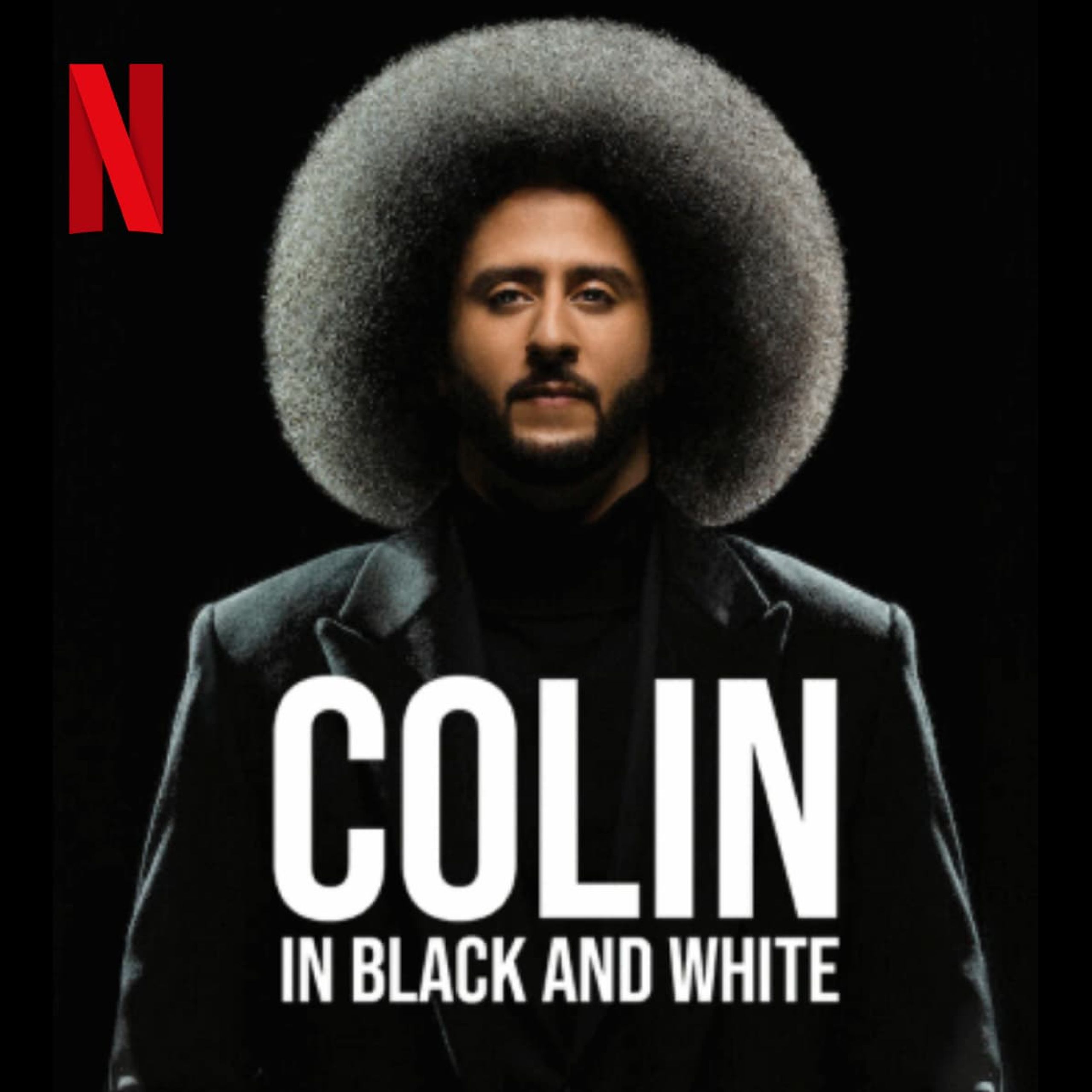Listen To Our Lastest Podcast

Undoing the System: Do You See What I See? A Review of Colin in Black & White (Netflix, 2021)
Systemic racism is such a constant theme in American society that sometimes it becomes invisible. Oftentimes, people of color wonder if others can see what they have seen. When it comes to progressive change, if racism is systemic, what can one individual do?
As real as systemic racism, individual agency is a foundation of activism in America. In 2016, NFL athlete Colin Kaepernick began kneeling during the U.S. national anthem as a protest against racial injustice. This small act sparked a huge controversy, causing the end of Kaepernick’s NFL career; however, this public message by one individual also inspired millions of people across the nation, and turned Kaepernick into an icon for anti-racist movements. Later, Kaepernick became an even stronger and more eloquent voice against systemic racism.
The Story
In this six-part autobiographical TV series, Colin Kaepernick is the narrator, and the topic is systemic racism. He began with this statement: “Some people will say the system is broken, but I’m here to tell you it was intentionally built this way.” Kaepernick’s insightful but weighty comment sums up his decades of lived experiences.
Through staged reenactments, Colin recounted events in his teen years when he was being raised by white parents while navigating his own bi-racial identity. He tells his story with a great deal of candor. For example, even though Colin’s white parents were committed and supportive, they remained blind to their own racism and its impact on their Black son. For example, when Colin’s athletic achievements were being overshadowed by the fact that he was a young Black man struggling with beauty standards and colorism in a predominately white town, his loving parents did not have the awareness to address many daily microaggressions. Sometimes they even perpetuated racist assumptions and language.
In the 2000s, Black male athletes’ natural hairstyles were often viewed as unprofessional. The politics around Black hair also set the stage of Colin Kaepernick’s awakening about racism. With his lighter complexion and bi-racial background, Colin still went through an “othering” process mainly because of his Black hair. Both his coaches and parents criticized him for it; however, the TV series shows how a young Black man goes through the surprises and joys of Black hair care. For example, Colin’s first black barbershop experience connected him to Black culture for the first time. His parents wrestled with Colin’s need for this connection.
The series unveiled much of young Colin’s internal personal journey and growth as he gradually regained confidence in the sports he loves as well as in his self-identity. Sometimes the narrator Colin Kaepernick found himself standing side by side with the young Colin, trying to offer some comfort and perspective. In this way, Colin the narrator provides both personal and historical context to the events he’s rewatching, analyzing interconnections and mirrored experiences to demonstrate the ways that his life might be representative of larger narratives.
Reflections
How do people become aware of the realities of systemic racism? This TV series not only raises this important question, but it strives to unveil that reality. Systemic racism is rooted in our cognitive distortions, cultural biases and assumptions, language use, and institutional structures. It is also deeply rooted in pride and superiority.
The conversation about systemic racism does not have to be divisive if you listen to the personal story of a young Black boy. Viewers will be struck by the same shared sentiments and yearnings; however, unless you walk around in another person’s skin, you will not fully appreciate the weight of their experiences around racism.
*****
The anti-racist work of Converge strives to center lived experiences from communities of color. We curate narratives for hope and action while dismantling White Supremacy culture and systemic racism.